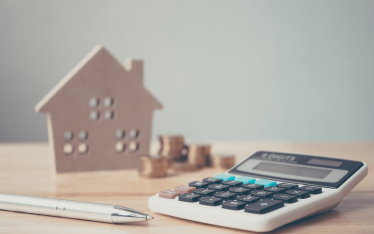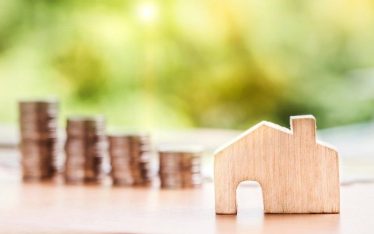The sun is shining, the waves lap peacefully on the shore….
A cool ocean breeze wafts gently through your hair and the crisp sand is etched between your toes….
Don’t you sometimes you wish your holiday romance could last forever?
What if it could?
Hundreds of thousands of Australians own their own holiday homes. A holiday home can be a very rewarding purchase as it provides you with an easy, automatic place to escape the daily grind. A place to create beautiful family memories. And it’s all yours!
But before you decide to buy a holiday home, there are a few things to take into consideration first.
Are holiday homes a good investment?
It’s easy for emotions to take over when it comes to investing in property. Before you make any snap decisions, consider the benefits and risks associated with this kind of purchase.
Benefits to buying a holiday home:
- Free accommodations for you and your family when you go on holidays.
- Unlimited access to a home-away-from-home (depending on tenancy arrangements).
- Mitigate some of the costs by renting your holiday home out for the portion of the year that you don’t plan to stay there. This can be particularly beneficial during peak seasons.
- The value of your holiday home may increase over time. The potential for capital growth on property investments is generally higher than that of fixed interest investments and cash, depending on the property.
- A tax deduction for expenses incurred in maintaining your holiday home can be claimed for any period of time it is rented out.
Risks to buying a holiday home:
- Fluctuating occupancy rates. Strong demand for holiday homes averages around 8 to 10 weeks per year – and this is dependent on location. Homes in a warmer climate generally have more consistent demand (especially if it’s beachfront).
- You won’t be able to use your holiday home during peak holiday seasons if you rely on the income earned during these times (for example, during school holidays).
- Holiday homes can be quite expensive. You may need to take on a significant mortgage.
- Don’t forget to include the costs of maintaining the property (including management fees) on top of the initial purchase price.
- Any rental income or capital gain that you realise upon redemption of your holiday home will be added to your assessable income and taxed at your marginal rate in that financial year.
- Holiday areas are generally the first to suffer and the last to recover when there is a property market downturn. If you have chosen an area, do thorough research on past cycles and how they have affected local prices.
- You might get bored visiting the same place over and over. On top of this, you may even feel guilty if you holiday somewhere else!
Investing in any type of property is a big decision. If you are considering buying a holiday home, try and think a little less with your heart and a little more with your head. As always, seek professional financial guidance before making any big decisions. Our Think Big financial specialists can definitely you help in this department. Send us a quick message now.
This represents general information only. Before making any financial or investment decisions, we recommend you consult a financial planner to take into account your personal investment objectives, financial situation and individual needs. Speak with a tax accounting specialist (such as TBFG) who is up-to-date with applicable deductions, tax law, and business structuring to get you the biggest return on your EOFY tax assessment.










